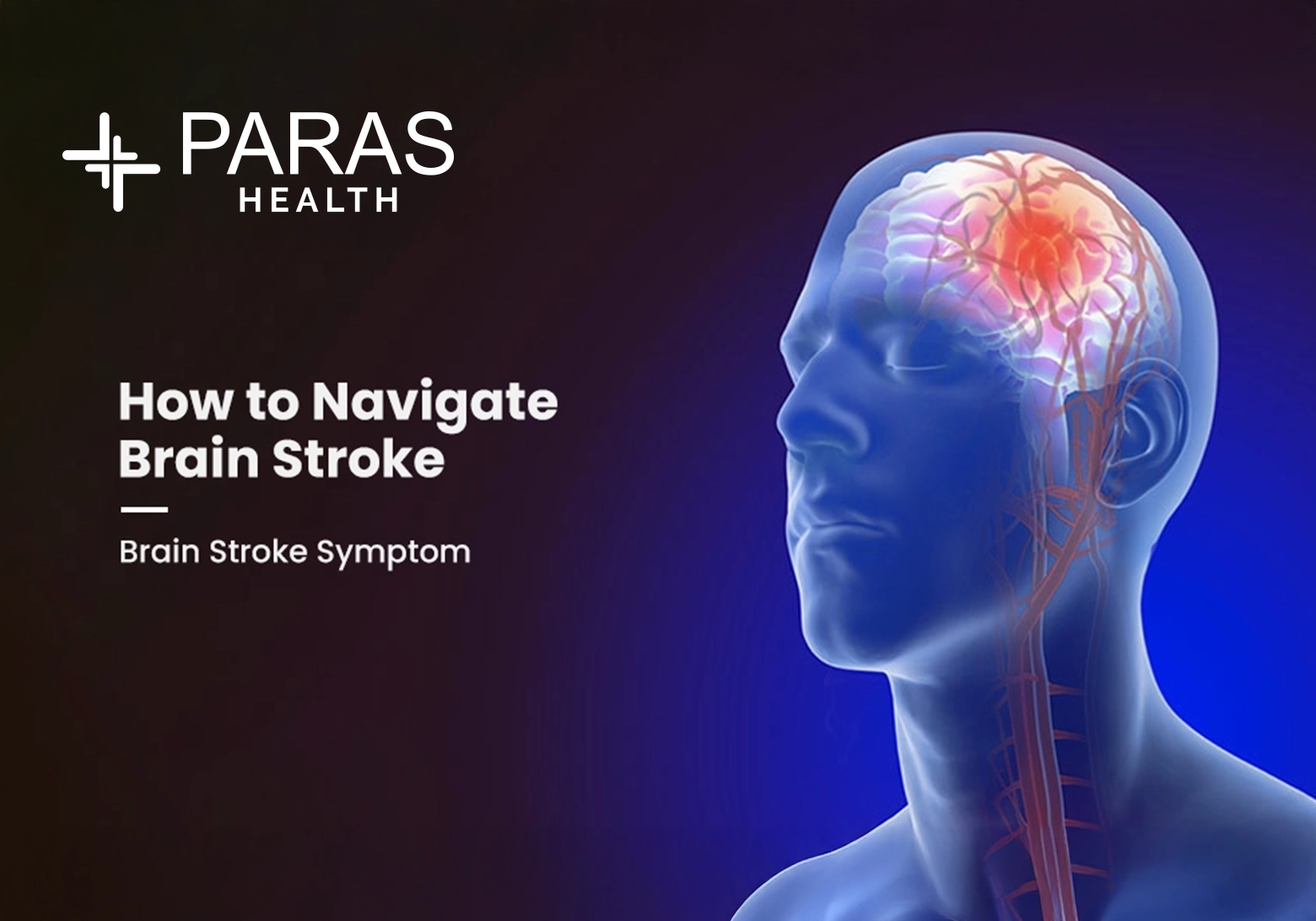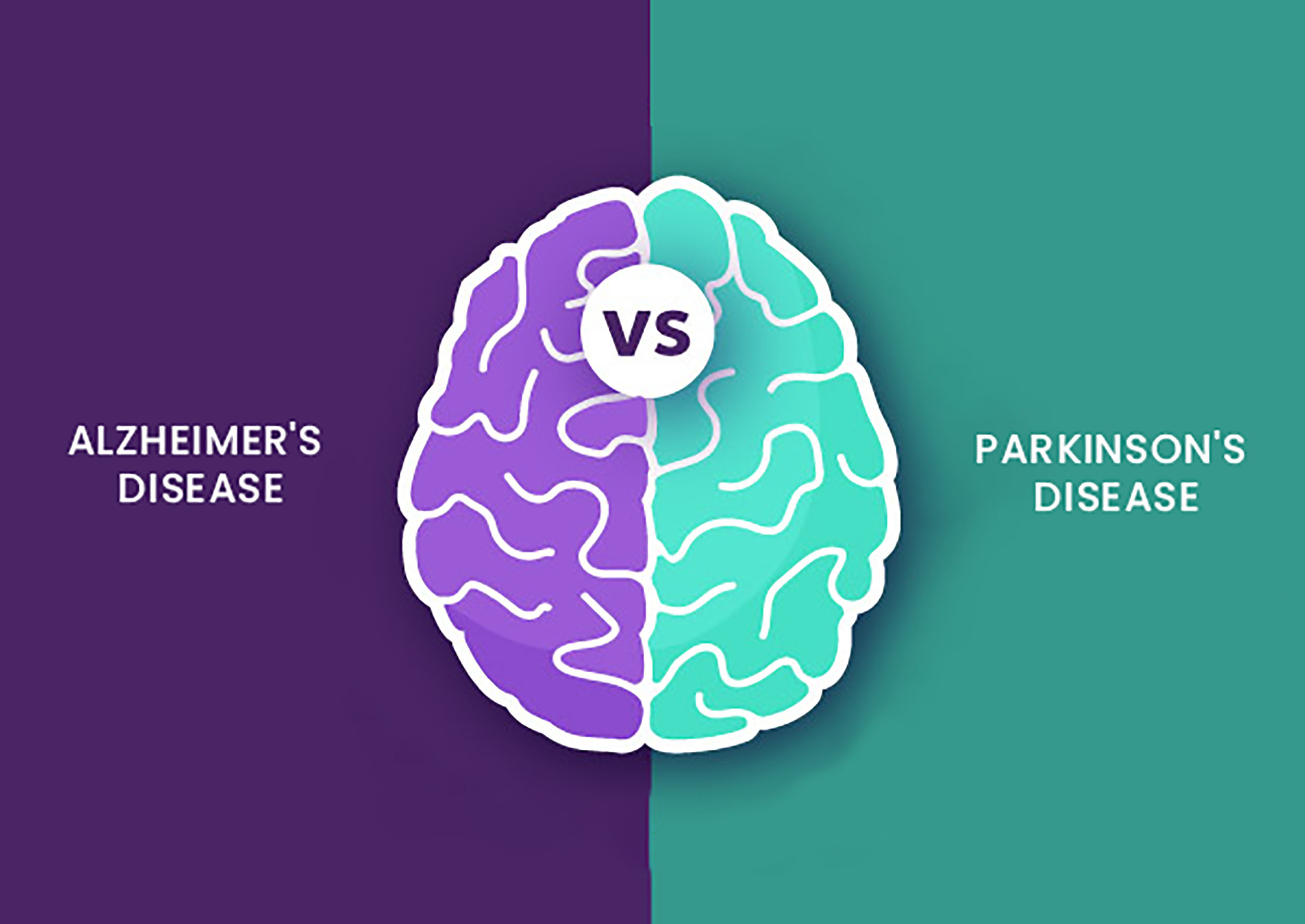Suffering from Severe Headaches or Blurry Vision?

Apr 19, 2022
Suffering from severe headaches or blurry vision? Maybe it’s time to book an appointment with a Neurologist.
Everyone has experienced headaches and moments of dizziness in their daily life. However, if your symptoms are increasingly frequent and intensely painful, it might be time to book an appointment with the best neurologist in Gurgaon as a preventive measure to rule out any neurological disorders. Headaches and migraines may be caused due to a myriad of reasons such as stress, lack of sleep, general tiredness, and even dehydration. So how can you tell if the headaches you have been experiencing are a symptom of a much larger illness? Here are a few tell-tale signs to help you understand the cause of your headache.

Book an appointment with the best neurologist in Gurgaon
- Your headache is the worst one of your life and the intensity of the pain seems to increase.
- Your headache continues for a day or longer, often starting the moment you wake up.
- Experiencing confusion or general disorientation.
- Slurred speech and difficulty in understanding what others are saying.
- Numbness or weakness in and around the face.
If the above symptoms apply to you, to be on the safer side find the best neurosurgeon in Gurgaon & neurological hospital in Gurgaon, call them and book the soonest appointment because your headaches could be linked to certain disorders of the spinal cord or brain.
Apart from, or along with headaches, you may be experiencing blurred vision or temporary loss of vision which could be linked to serious neurological illnesses like brain tumours, head injuries and/or a stroke. Once you have ruled out refractive eyesight errors like near-sightedness, if you still find yourself stuck with the symptoms mentioned below, look for the best neurological hospital in Delhi NCR and immediately book an appointment.
- Vision problems like difficulty seeing or seeing double.
- Tremors, clumsiness and general dizziness which may have even led to a few falls.
- Drooping eyelid without any specific cause.
- An inability to stand without support due to weakness or general blurriness.
If you think that you do have enough symptoms to warrant an appointment to the hospital, all of the best neurologists in Gurgaon will then be able to help diagnose you through a series of tests including a CT scan, MRI, EEG, Spinal Tap, etc. These tests will help the neurosurgeon & neurologist to measure your brain activity to help to spot any brain disorders such as tumours or any other spinal cord problems. From here, your neurologist will be able to map out a plan for treatment or in case of an inconclusive diagnosis, order more examinations to help determine the illness.
The Paras Institute of Neurology has specific and specialised clinical protocols to treat headaches and other neurological disorders to ensure your maximum comfort, including the latest technology in sleep labs, EEG, and EMG infrastructures. If some of the above mentioned headache and vision symptoms match yours, Paras Hospitals has some of the best neurologists in Gurgaon along with a well-equipped neurological hospital that can cater to your every need. For more information on the neurological team at Paras, click here.







